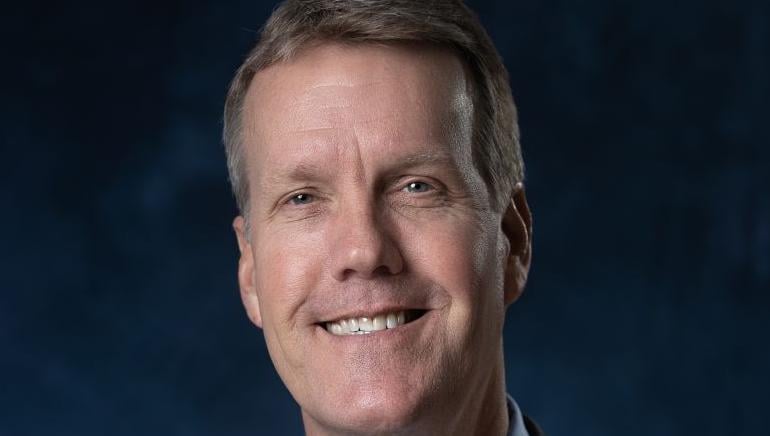The back and forth between Tucson Mayor Regina Romero and Pima County Supervisor Rex Scott continues, with Romero saying frustrations over which governmental body is doing what, and which is not doing enough, should be focused into action to address growing homelessness and drug-use issues, as well as lack of affordable housing, in Tucson.
ÔÇ£We are all frustrated, and how each of us expresses that frustration is a personal decision. For me, I always seek to turn frustration into action. ... Rather than engage in a back-and-forth exchange with Chair Scott about who did or didnÔÇÖt do what in the past ÔÇö it is my sincere hope that we leave that aside to focus on our shared residentÔÇÖs needs,ÔÇØ Romero wrote to constituents over the weekend. ÔÇ£We must act together ÔÇö and urgently.ÔÇØ

Romero

Scott
The public, albeit small, spat between the two elected officials, both Democrats, began in early October, when Romero, in releasing her Safe City Initiative, wrote: ÔÇ£We must demand that our State and County governments step up to help Tucsonans with this public health crisis.ÔÇØ
People are also reading…
She told the ├█╠ÊË░¤±AV then that local partners, which ÔÇ£need to come to the table and act now, I feel, have been kind of taking a back seat.ÔÇØ
Scott countered that her comments wouldnÔÇÖt ÔÇ£stand up to scrutiny.ÔÇØ
Later, Scott said it seemed like Tucson officials ÔÇ£felt obliged to attack the county, disregarding or mischaracterizing our equally dedicated work to take on these issues.ÔÇØ He took issue directly with comments made about the Pima County Transition Center, a board-approved and county-operated initiative. ÔÇ£Pima County has been and will continue to be a leader in taking on unsheltered homelessness and the associated need to increase our housing stock,ÔÇØ he said.
Romero, on Saturday, said it wasnÔÇÖt a surprise that ÔÇ£this public discourse is difficult and uncomfortable,ÔÇØ but added that so are the problems the county and city both face. She said the county and the city ÔÇ£can do amazing things when we focus on solving issues,ÔÇØ such as they did during the COVID-19 pandemic, and that homelessness, affordable housing and the opioid crisis ÔÇ£are presenting a similar challenge.ÔÇØ
ÔÇ£The City and the County have continued to work on these issues. We have made progress in some areas more than others. We need to be laser-focused on creating services for the service gaps that exist and filling them. Our joint residents deserve that,ÔÇØ she said. ÔÇ£It isnÔÇÖt useful to go back and forth to try to relitigate the past. Residents are demanding we take action on the fentanyl epidemic and homelessness.ÔÇØ
On the Transition Center, Romero said that while she appreciates all the county does with it, ÔÇ£What the Transition Center does not do is provide detox, which is one of the biggest gaps in services and one of the most significant needs in our community.ÔÇØ
ÔÇ£This is my request to Pima County ÔÇö we need to use opioid settlement funds to create the detox and treatment services we need, because we all know incarceration is not the goal, treatment and recovery is,ÔÇØ the mayor said. ÔÇ£So, I will continue to ask Pima County to work with the City of Tucson and our state partners to address the fentanyl crisis in our public spaces. I have been clear about the CityÔÇÖs efforts to address these challenges, and I look forward to hearing directly from the Board of Supervisors about what additional solutions they are offering when we meet soon.ÔÇØ
A joint meeting between the Tucson City Council and the Pima County Board of Supervisors is scheduled for 12:30 p.m., Nov. 18 at the Pima Association of Governments office, 1 E. Broadway.








